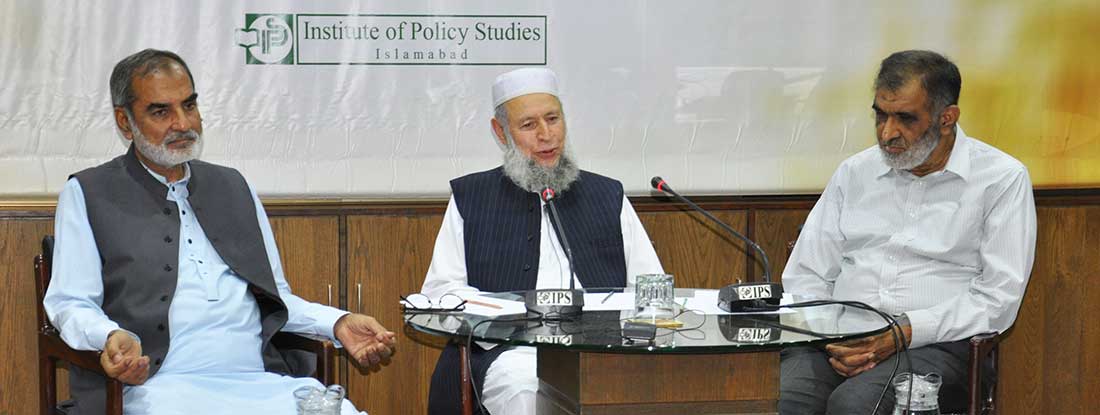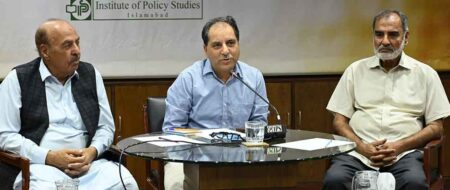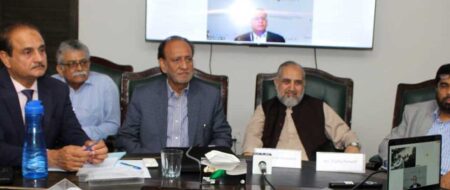The Living Scripts | Ambassador (r) Umar Khan Ali Sherzai
The 30th session of IPS’ oral history series ‘The Living Scripts’ was held with Umar Khan Ali Sherzai on July 22, 2022. Umar Khan Ali Sherzai prominently served as the ambassador of Pakistan to Saudi Arabia and also as a Consul-General in Mazar-i-Sharif and post-9/11 Kandahar. He also held several diplomatic appointments in Qatar and the UAE.
He shared that he was born in Kurram Agency in 1948 and received his early education in Parachinar, the capital of Kurram District, and later graduated from Islamia College, Peshawar, with distinction. Before clearing CSS exams in 1975, he served as a project manager under the Local Government, Election & Rural Development Department in the NWFP (now Khyber Pakhtunkhwa province).
In 1976, he joined the foreign service and was posted in Abu Dhabi as the third secretary. He later served in Qatar during 1989-1993 and worked diligently for the facilitation and progress of overseas Pakistanis. Later, from 1993 to 1996, he served in Mazar-i-Sharif, Afghanistan.
While recalling his appointment in 1993 in Mazar-i-Sharif, he apprised the audience about the then-prevailing resentment and reservations of Afghan nationals against Pakistan which were largely an outcome of Indian propaganda and its intensive investments in the region. Through his diplomatic skills and efficient working, he not only neutralized the anti-Pakistan sentiments among Afghans in that region but also had good relations with General Abdul Rashid Dostum. He contributed to boosting Pak-Afghan relations and, under his appointment, General Dostum visited Pakistan thrice.
Later, in 1996, he served as deputy head of mission in Riyadh, the capital of Saudi Arabia. In 1998, he became the consul-general in Jeddah and took several developmental steps for the expatriates.
Then, in 1999, he served as consul-general in Kandahar, Afghanistan. While recalling his frequent interactions with Mullah Omar, he stated that Mullah Omar always wanted a peaceful Afghanistan and stable Pak-Afghan relations. He also stated that the Afghan fighters fought with the zeal of jihad and not terrorism, as largely portrayed by the Western media.
In 2009, Sherzai went on to serve as the ambassador to Saudi Arabia till his retirement from the foreign service. He later joined the MQM party.
While sharing his insights on Pakistan’s foreign policy, he stated that the foreign policy is ad hoc and lacks a determined goal and direction for its formulation and conduct. He also suggested that the political structure of Pakistan must favor technocrats in decision-making. Lastly, he opined that Pakistan has the potential to be an economically stable and aid-giving country provided that every institution of the country, instead of working beyond their domain, works efficiently within their spheres with an honesty of purpose and a sense of duty.












